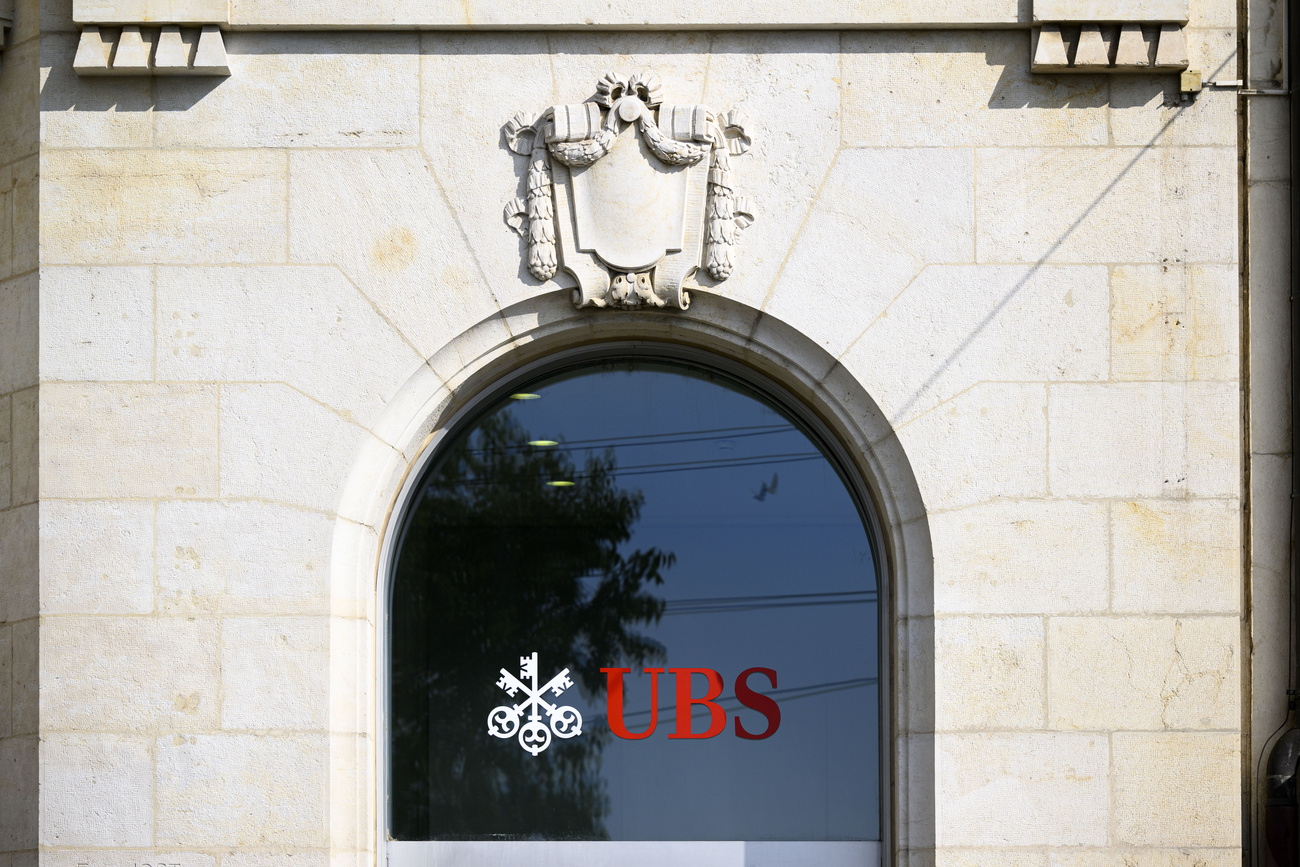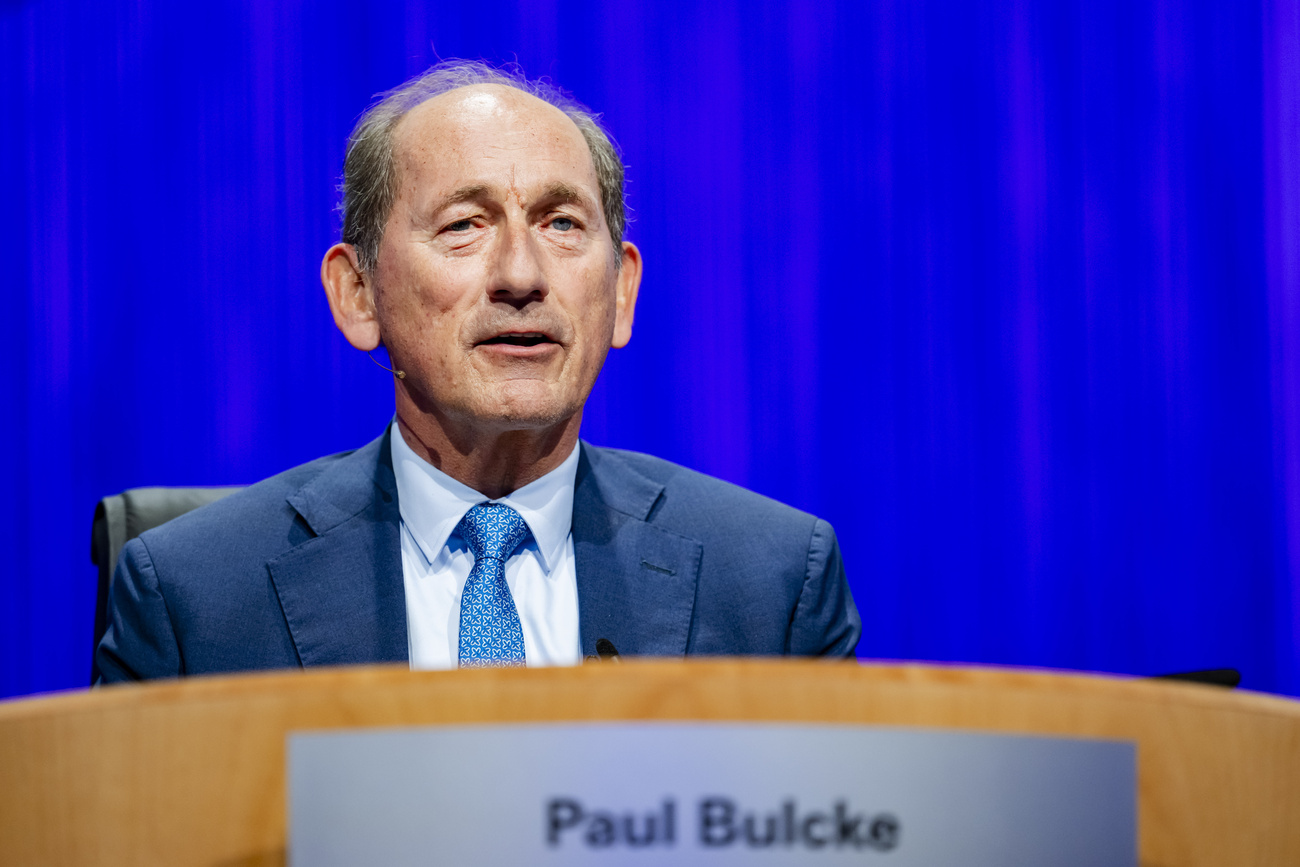
S&P 500 Falls After $16 Trillion Surge From Lows: Markets Wrap
(Bloomberg) — Wall Street traders sent stocks lower after a series of all-time highs spurred calls for a breather amid signs of buyer exhaustion. Bonds rose as a $58 billion Treasury sale drew solid demand.
The ebullience driven by artificial-intelligence wagers gave way to concerns about the rally being excessive after a 35% surge in the S&P 500 from its April lows. Tech giants dragged down the index after a report that Oracle Corp.’s profit margin in its cloud computing business is lower than many have estimated. Tesla Inc. sank after making its top-selling vehicle more affordable.
Subscribe to the Stock Movers Podcast on Apple, Spotify and other Podcast Platforms.
Investor optimism has grown heated in recent months, with many investors seeming too busy chasing the upside to worry about risks like a US government shutdown and stretched valuations.
Goldman Sachs Group Inc.’s trading desk reported last week that bullish sentiment among clients was the highest since December. A sentiment tracker compiled by Barclays Plc has been sitting near a level that indicates exuberance. A similar Bloomberg Intelligence measure is back to “manic” zone.
“A period of consolidation would not come as a surprise after such a strong recent run, but we believe the equity rally is underpinned by solid fundamentals that should continue to support the market,” said Ulrike Hoffmann-Burchardi at UBS Global Wealth Management.
The S&P 500 dropped to around 6,700. Oracle lost as much as 7.1% before paring losses. Dell Technologies Inc. hiked its sales estimates on strong AI demand. The yield on 10-year Treasuries slid three basis points to 4.12%. The dollar rose.
Traders also parsed remarks from Federal Reserve officials, with Governor Stephen Miran saying his expectations for a limited tariff impact on inflation mean the Fed can continue easing policy. Fed Bank of Minneapolis President Neel Kashkari warned that any drastic rate cuts would risk stoking inflation.
“Profit-taking risks have rapidly risen across markets, and are particularly elevated for Nasdaq, potentially hampering further upside,” said Citigroup’s Chris Montagu.
Craig Johnson at Piper Sandler says he remains optimistic, particularly with macro tailwinds lifting the stock market. However, he believes there are subtle signs of diverging momentum that warrant vigilance, especially with over-extended stocks that have risen substantially in recent weeks.
“A brief consolidation or shallow pullback would be welcomed to set up better risk-reward opportunities,” he noted.
At Fundstrat Global Advisors, Mark Newton says “overbought conditions” are notoriously a poor reason to avoid owning US equities, as many investors realize that can likely persist and don’t have to specifically represent a reason for concern. Yet “it’s important to pay attention and not become overly complacent.”
“Of course valuations are moving higher. They usually do, especially after swift selloffs like the one we saw in April,” said Callie Cox at Ritholtz Wealth Management. “Now, we need to see earnings and economic data follow through.”
Cox says price-to-earnings ratios pushing towards extremes should encourage investors to rebalance.
“There’s still a lot of hidden value – or selloff protection – out there that could keep you cushioned against AI disappointment,” she noted.
Some Wall Street pros note that having multiple large technology stocks surge by double-digits in quick succession could be a sign that valuations have become disconnected from underlying fundamentals, and that investors have been buying primarily based on the fear of missing out on further gains.
The moves come amid growing concern about a bubble forming around AI as the key players pledge billions of dollars in deals with a cohort of companies making infrastructure for the technology. As more money is spent, there’s mounting fear that the trend will end in a crash the way it did 25 years ago following the dot-com euphoria.
Warnings that we’re seeing a repeat of the dot-com bubble are heard regularly, noted Louis Navellier at Navellier & Associates. The big difference is that this time, the players are huge companies with huge balance sheets and existing cash flow, he said.
“If profitability takes longer than expected, a few of the hardware suppliers will suffer operating losses,” Navellier added. “Nevertheless, with the market so heavily weighted to companies that are all-in on the AI bet, any serious setbacks on the prospects of AI profitability will have a serious impact on market indexes in the short term.”
With that said, Navellier noted investors shouldn’t worry about a stock-market bubble, “since as long as the analyst community is raising earnings estimates and the Fed is cutting key interest rates, we can invest confidently in A-rated stocks.”
Meantime, JPMorgan Chase & Co. Chief Executive Officer Jamie Dimon said he would welcome proposed changes that would ease US Securities and Exchange Commission requirements for quarterly earnings reports.
“The bigger problem wasn’t just reporting quarterly,” Dimon said Tuesday in an interview on Bloomberg TV. “It was forecasting, where CEOs get their back up against a wall. They have to meet these things — earnings — and then they start doing dumb stuff to meet earnings, and that kind of public pressure.”
Corporate Highlights:
Dell Technologies Inc. roughly doubled its growth estimates for sales and profit for the next two years, and said demand for artificial intelligence products will extend those higher projections at least through the 2030 fiscal year. International Business Machines Corp. announced a plan to integrate Anthropic’s artificial-intelligence technologies into its software solutions. Gambling stocks led by DraftKings Inc. and Flutter Entertainment Plc fell after the owner of the New York Stock Exchange announced plans to invest as much as $2 billion in Polymarket, a crypto-based betting platform. Ford Motor Co. faces months of disruptions to its business after a major fire at an aluminum plant in New York, the Wall Street Journal reported. Johnson & Johnson was told by a California jury to pay $966 million to the family of a deceased woman who blamed her cancer on life-long use of the company’s baby powder in the largest verdict for a single user in the 15-year litigation. CoreWeave Inc. Chief Executive Officer Michael Intrator pushed back on the idea of changing a $9 billion bid for Core Scientific Inc. after one of the acquisition target’s biggest investors said it was a lowball offer. Constellation Brands Inc., the owner of the Corona and Modelo Especial brands in the US, reported better-than-expected results for its fiscal second quarter, citing robust beer and wine sales. Ethiopian Airlines has more than 100 planes on order with Boeing Co., but delivery delays are hampering expansion at Africa’s biggest carrier. Bank of New York Mellon Corp. is exploring tokenized deposits to enable clients to make payments using blockchain, as major banks across the world step up use of the technology underpinning digital assets to transfer funds. Rising investor appetite for digital infrastructure, energy and transportation assets boosted fundraising for Manulife Investment Management, which closed its largest-ever infrastructure fund with $5.5 billion. Mercedes-Benz Group AG’s China sales tumbled 27% in the third quarter to their lowest level in almost a decade as luxury demand in the country remains weak and local manufacturers dominate on electric vehicles. One of Banco Sabadell SA’s biggest investors said it will reject BBVA SA’s bid for its local rival, heightening uncertainty over the €17 billion deal just three days before it ends. What Bloomberg Strategists say…
“The S&P 500 has declined to a key support level of 6,700. The move so far still reflects positioning dynamics more than any change in the macro narrative, but the potential for a greater pullback is growing.”
—Michael Ball, Macro Strategist, Markets Live. For the full analysis, click here.
Some of the main moves in markets:
Stocks
The S&P 500 fell 0.4% as of 2:57 p.m. New York time The Nasdaq 100 fell 0.5% The Dow Jones Industrial Average fell 0.3% The MSCI World Index fell 0.5% Bloomberg Magnificent 7 Total Return Index fell 1% The Russell 2000 Index fell 1.1% Oracle fell 2.9% Currencies
The Bloomberg Dollar Spot Index rose 0.3% The euro fell 0.5% to $1.1658 The British pound fell 0.4% to $1.3430 The Japanese yen fell 1% to 151.82 per dollar Cryptocurrencies
Bitcoin fell 3.4% to $120,983.11 Ether fell 4.7% to $4,469.28 Bonds
The yield on 10-year Treasuries declined three basis points to 4.12% Germany’s 10-year yield declined one basis point to 2.71% Britain’s 10-year yield declined two basis points to 4.72% The yield on 2-year Treasuries declined two basis points to 3.57% The yield on 30-year Treasuries declined two basis points to 4.73% Commodities
West Texas Intermediate crude rose 0.5% to $61.97 a barrel Spot gold rose 0.5% to $3,982.58 an ounce ©2025 Bloomberg L.P.


























